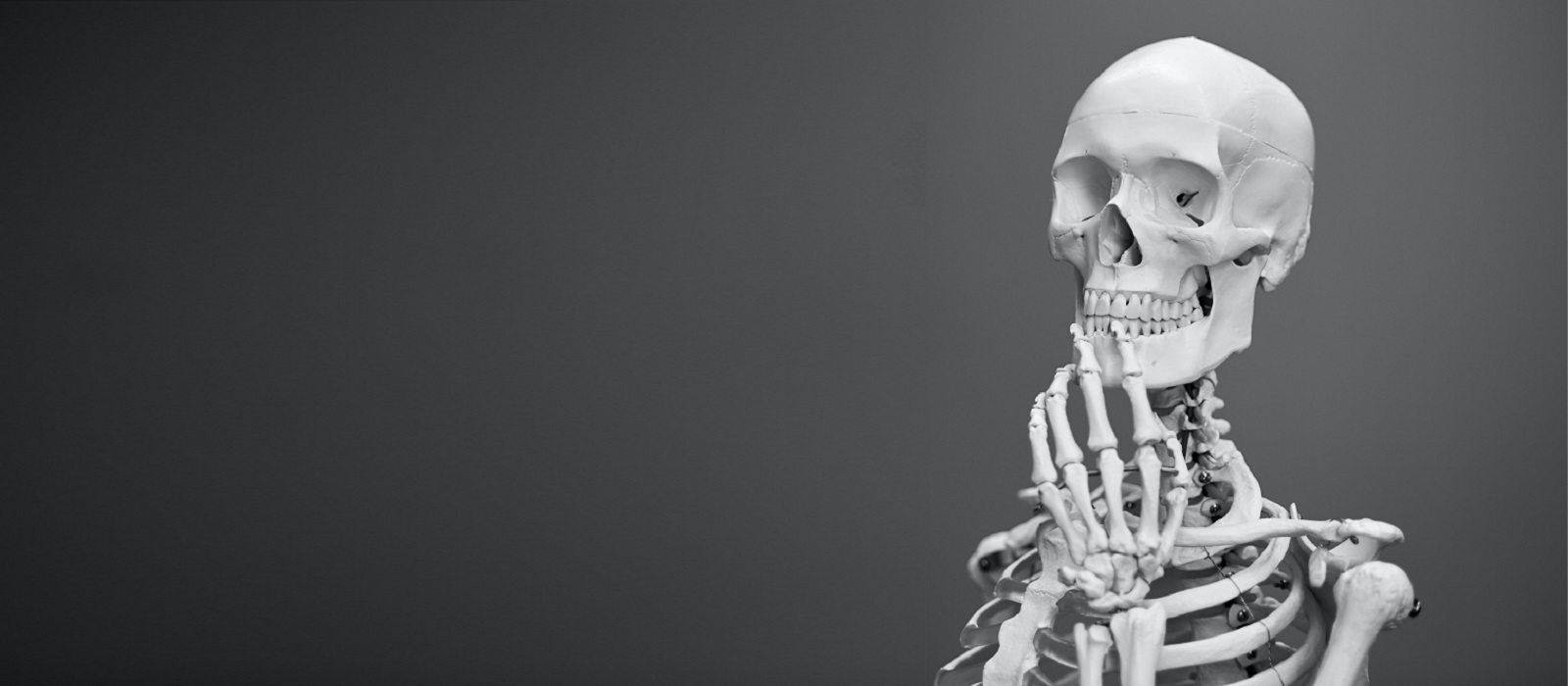Physiology not only refers to how a living thing works, but also how that living thing came to work the way it does through evolution. There is an intimate relationship between structure and function in living organisms, and so, anatomy and physiology are core components of your biology undergraduate program.
Courses in Anatomy and Physiology (sometimes simply referred to as A&P courses) are also required preparation for many professional programs in health and allied health science fields. We receive many questions from students about which courses to take given their interests, programs of study, and future ambitions.
The information below will hopefully inform you of our anatomy and human biology/physiology courses offered by Carleton Biology.
The information presented here is not exclusive and students should always refer to the academic calendar for course details and requirements.
Interested in applying to Medicine, Dentistry, Physiotherapy, Speech-Language Pathology, or similar?
We advise the following:
- Consult with the admissions department at the university offering your program of interest. Our advice does not supersede requirements of other institutions or programs. It is not possible for us to know all requirements for all programs offered everywhere. It is YOUR RESPONSIBILITY to obtain the required pre-requisite courses for your applications.
- Where possible, incorporate the prerequisite courses for your future ambitions into your current program of study. All biology programs, regardless of concentration or area of specialization, have opportunity to incorporate appropriate physiology courses for professional school applications.
Our ‘core’ or ‘gateway’ anatomy and physiology courses:
The course content of BIOL3305 (Human and Comparative Physiology), BIOL3306 (Human Anatomy and Physiology) and BIOL3307 (Advanced Human Anatomy and Physiology) were specifically set to provide appropriate and thorough preparation for health and allied health science professional programs.
View Physiology Courses at Carleton
Second-year Level Courses
BIOL2005 Human Biology* is a 2000 level lecture only course. A course for non-specialists interested in how the human body works. Topics will include biological molecules, cells, genetics, and various organ systems. Examples will be used to connect concepts taught in the course with general knowledge of human health and disease. This course is for anyone with a broad interest in how the body works but who are not interested in continuing with additional courses in the subject.
Students in B.Sc. Honours Biology and Major programs can only take BIOL2005 as a free elective.
Students taking this course would not additionally take BIOL3305 or BIOL3306[1].
Third-year Level Courses
BIOL3305 Human and Comparative Physiology is our 3000 level mammalian physiology course with laboratory component. Labs are weekly (4 hours) and use living tissue to explore neural, cardiovascular, muscular, and regulatory fundamentals. Rigorous lab reports significantly benefit student improvement in scientific research, writing and communication. This course covers neural, neuro-muscular, endocrine, cardiovascular, renal-osmoregulatory physiology and relevant anatomy. This course is human focused but uses comparative approaches (e.g. understanding the anatomy of the human heart is facilitated by comparison with fish, amphibian and reptilian hearts and circulatory pathways). This course is open to our Honours program students and students in other programs with the prerequisites (space permitting).
BIOL3306 Human Anatomy and Physiology is our 3000 level mammalian physiology course without a laboratory. It covers the same lecture material as BIOL3305 (see above), from an exclusively human perspective, and with additional emphasis on gross anatomy. This course, with different pre-requisites, is open to students in our Major programs and students in other programs (space permitting).
Students can not take both BIOL3305 and 3306 as they are too similar.
BIOL3307 Advanced Human Anatomy and Physiology complements our BIOL3305 and 3306 courses. This course has a weekly (4 hour) laboratory component. The lecture content further extends concepts introduced in BIOL3305/3306 by extending into skeletal, digestive, endocrine and reproductive physiology with an additional emphasis on traditional gross anatomy. The labs require dissection of a cat (to teach/reinforce mammalian anatomy concepts taught in BIOL3305, 3306 and the lecture portion of BIOL3307) and makes extensive use of our collection of human plastinate (cadaver) specimens (Carleton has invested more than $50,000 to improve our anatomy and physiology teaching by investing in these specimens).
Pairing BIOL3305 or BIOL3306 with BIOL3307 thoroughly covers the human body from the molecular/cellular level to organ system level with an integrative physiology focus.
BIOL3305/3306 and BIOL3307 are our ‘gateway’ courses to a variety of specialist 4000 level courses.
View 3rd & 4th year Physiology Courses at Carleton
[1] We have had students take both these courses against advice from our advisors because of their specific interest in Medicine, Dentistry and Advanced Standing Nursing programs.. This disrupts students completing their programs in a timely manner and often leads to students pleading to have both credits count toward their degree (with formal (unsuccessful) petitions to our Registrar’s Office) despite regulations.
